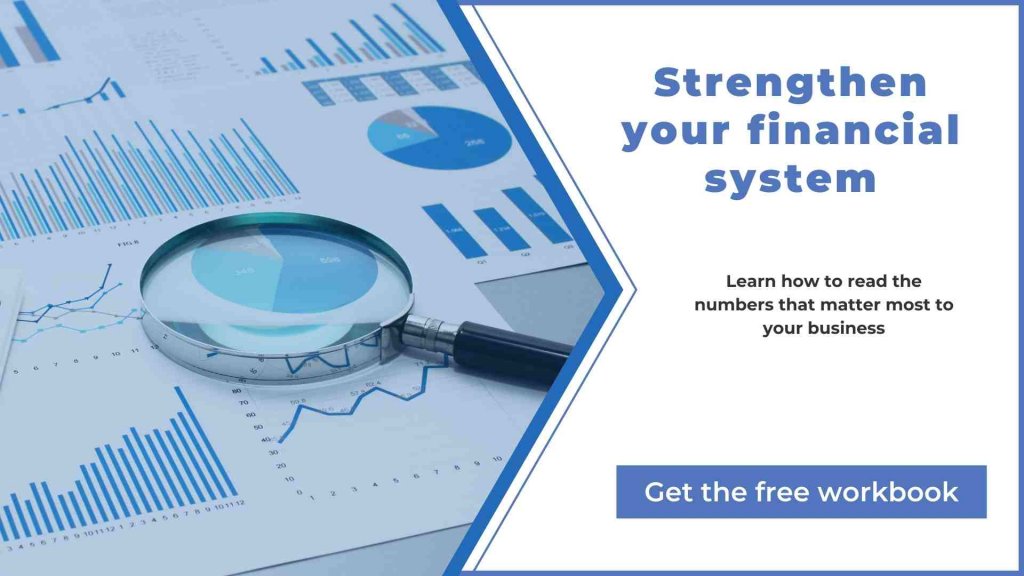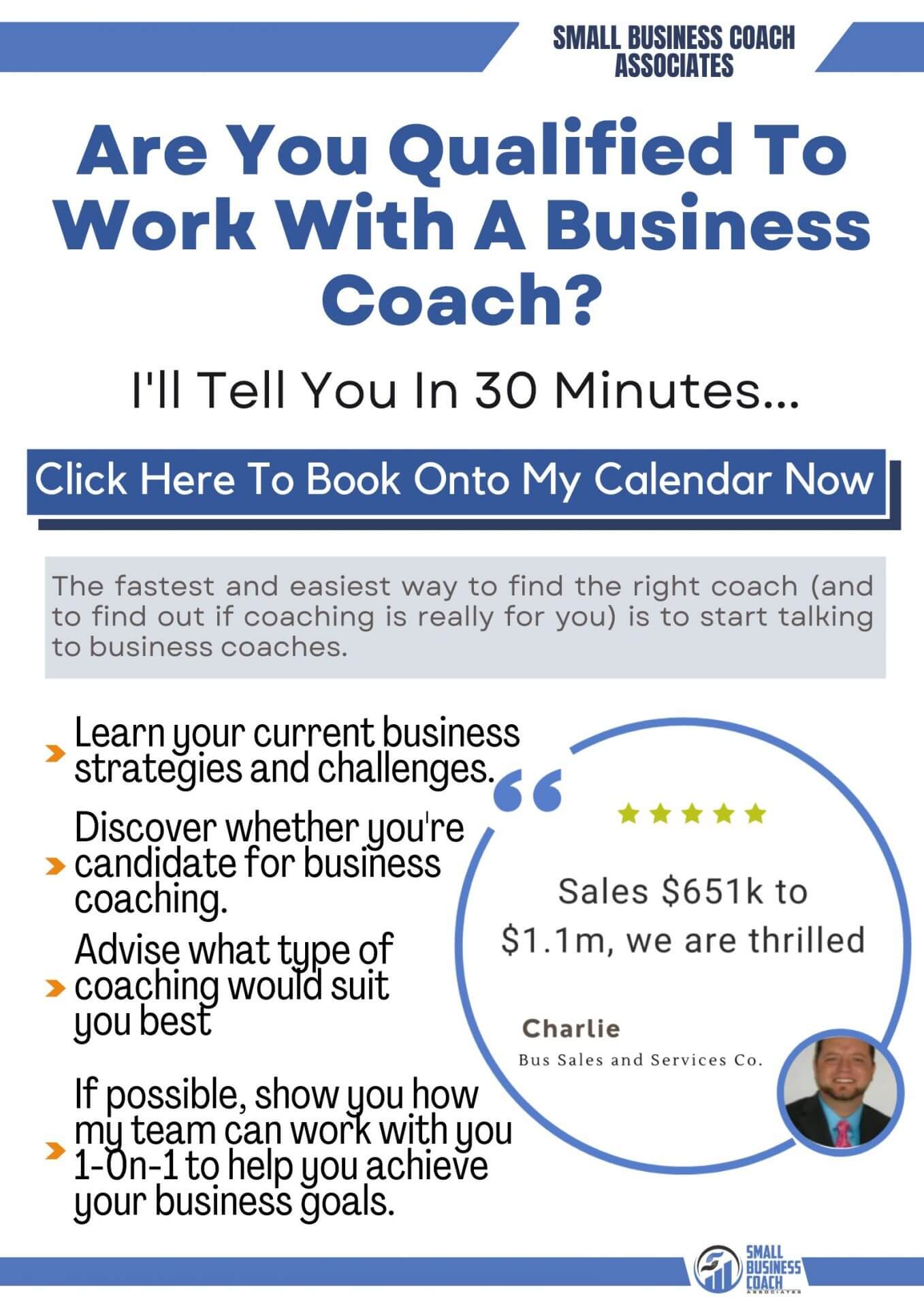VIEW BY TOPIC
- Finding Customers
- Business Systems
- Managing Employees
- Leadership
- Managing Money
Related Posts

Ready to Grow Your Business Fast?
Here’s How I Grew Five Businesses, and Eventually Sold One to a Fortune 500 Company.

Growing Your Business Value BEFORE You Sell
If you are like most business owners, you would like to sell your business one day for top dollar. Growing your business value, you must first determine its value.
Businesses have “three values.”
The book value is typically determined by your accountant. The book value is your business equity; assets minus liabilities. Secondly, the academic value is the method determined by a professional business valuation. This approach determines value with a formula based on your company’s hard assets, cash flow, industry averages, and multiples. The third method is what is referred to as the fair market value. The fair market value also takes those items into consideration, but then considers what buyers are really willing to pay.
Intangible Value in Small Businesses
For many small and mid-sized businesses, hard assets such as equipment, vehicles, land, buildings, and inventory are limited. Some small businesses have no hard assets at all. In this case, the business value is based on intangibles like employees, business processes, customer lists, location, and business relationships.
Growing Your Business Value Before You Sell
In growing your business value, it’s critical that you leverage both tangible and intangible assets.
-
Make your business an expression of you: develop your niche.
Make your business unique. Don’t try to be everything to everyone. Many buyers will pay a premium for a niche that has barriers to competitive entry.
-
Attract, hire and develop key employees.
Make yourself dispensable to the day-to-day operations. Buyers won’t pay a premium if the business relies on you for its success. Some buyers won’t buy at all. Delegate responsibility to key employees and involve your key staff members in the planning and decision-making process. Demonstrating that your company’s success is reliant on your capable, well-trained employees, rather than you will pay off at the time of sale.
-
Build relationships with customers.
Make sure your employees have those relationships too. Your name recognition, customer awareness and your reputation are all part of your business value; these are important components of goodwill. Even if your company doesn’t have many hard assets, your customer relationships are key.
-
Diversify your relationships with all stakeholders.
Make sure your largest customer is less than 20% of your total revenues. Don’t be too dependent upon one vendor. Build a strong brand in your community.
-
Maximize your revenues and your bottom line.
The larger your business is, the better chance you have of selling it. A potential buyer also wants you to “show me the cash.” As you know, in the business world cash is king. Be sure you are driving all income to your bottom line. Hire a business coach or broker to recast your financials, showing all discretionary income.
-
Document everything the business does.
Ensure that job descriptions, company standards, operation processes, and strategic plans are documented. Documented records and plans will give buyers a greater sense of security that they will be able to continue your successful business. This will also help your buyer obtain financing.
-
Give your business a “facelift.”
Like real estate, curb appeal is important with businesses too. Clean things up and make sure everything is organized. Painting, cleaning, landscaping, and carpeting can make a big difference. A well-maintained facility will help you to make a good first impression. Even consider making this investment with leased space. Doing these things will express a sense of quality and competence with prospective buyers and your customers too.
-
Get rid of unproductive assets.
Sell off or dispose of unproductive assets or obsolete inventory. Remove from your balance sheet and your premises any assets that are for your personal use.
-
Develop an exit plan.
Look at your business through the eyes of a buyer. Bring in a professional to help you prepare your business well in advance of selling. Doing these things will communicate pride, quality, and strength. Work on these tangible and intangibles in advance, and you will put more money in your pocket now and increase the likelihood of selling later.
Overcome Business Owner Burnout
Unfortunately, many business owners reach a point where they burn out and become “emotionally divorced” from the business before a sale is made. They put themselves in a position of weakness. That’s the worst time to sell! It’s important to work hard on your business until the sale is complete.
Line Up a Team of Key Specialists
Finally, line up a team of key specialists who will help you get the highest value and the most protection when you sell. Hire a good exit planner, attorney, accountant, and a business intermediary to name a few. You only have one chance to sell your business; do it right!
Questions about our small business coaching services?
Call us at 1-888-504-0777,
or














